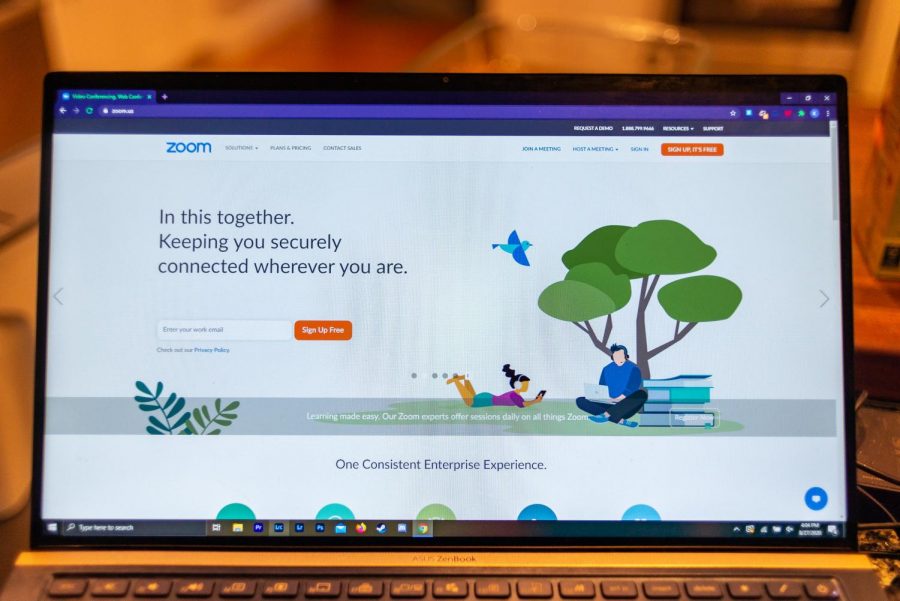Students studying in different time zones have faced difficulties in adjusting to their new schedule after the University of Massachusetts announced that most classes would be held remotely.
Karen Ghaddar, a freshman majoring in public health, is studying in Lebanon and follows the Arabia Standard Time, which is seven hours ahead of Eastern Standard Time. Ghaddar said the biggest issue she’s faced with the time zone differences is attending synchronous sessions, as they’re from 7 p.m. to 12 a.m. for her.
Given the recent explosion in Lebanon, Ghaddar is one of many volunteers who spends most of her days, and sometimes nights, tending to the needs of victims and disturbed families. With all these struggles in her country and trying to cope with her new academic schedule, Ghaddar finds it tiring to attend her classes.
“After the explosion happened in Lebanon, I’ve been very busy volunteering and helping my close family and friends move out of their houses that got destroyed,” she said. “So I sleep very late because of classes and I wake up very early to help, so I’m always so tired when it comes to my classes at night.”
Ghaddar has also struggled to find time to get involved with the UMass community: “I have not been able to join any activities because I do not have [the] time since there is a lot of pressure on me because of personal reasons, and because of the time difference.”
Ashna Patel, a freshman biochemistry major who is in Nairobi, Kenya, has also struggled with the transition. She follows East African Time, which means that she’s seven hours behind EST.
Patel said she has struggled with exams being scheduled at inconvenient times.
“My math teacher actually asked me what time zone I was in and still went ahead and scheduled an exam at 3 a.m. EST,” she said.
Patel said she feels that the University hasn’t been considerate when it came to students studying in different time zones.
“I would like to say that UMass knew international students were not going to get their F1 visas and still chose to only do the bare minimum for them over these past six months,” she said. “Being disappointed is an understatement.
“They should be more considerate about due dates for work and exams and they should cater it every single time zone,” Patel said. “UMass should have had individual orientations with people from the same time zones and explained to them how they are supposed to do their work accordingly.”
Maria Nieves Quevedo Herrera, a freshman industrial engineering major, has also been affected by a time zone difference. Herrera lives in Spain and follows Central Eastern Time, which is six hours ahead of EST.
Herrera is concerned that the time zone difference will affect her academic performance.
“A few of my classes are quite late at night, [at] like 10 p.m. to 11:15 p.m., so even though I don’t mind, I feel the exhaustion from the whole day and I don’t perform as good as I would [have] if I had my classes in the morning,” she said. “To be honest, what I just said happens to me in every class. If I had to choose, having classes in the morning is much better because you are more awake.”
Despite these challenges, Herrera is still enjoying her classes: “I am still getting used to the college system, and I get confused with the office hours and all the different times I have to take into account,” she said. “Apart from that, I am very happy with how is working out for me, as I love the classes I am involved in.”
Mahidhar Sai Lakkavaram is a Collegian Correspondent and can be reached at [email protected]. Follow him on Twitter @Mahidhar_sl.




















